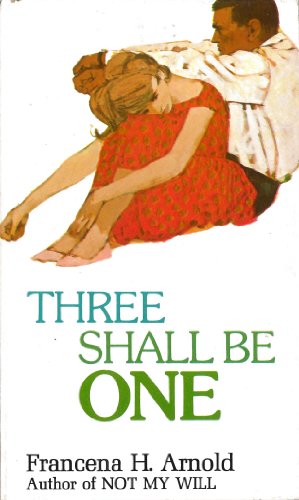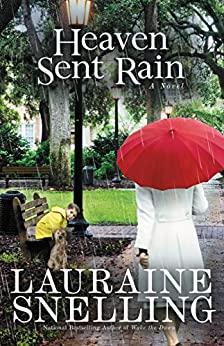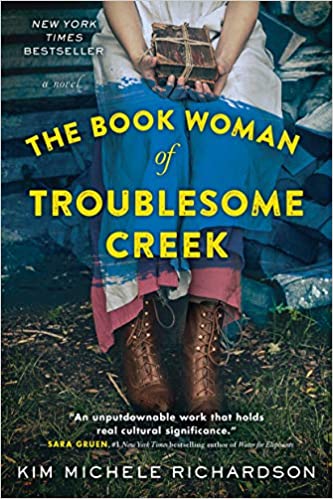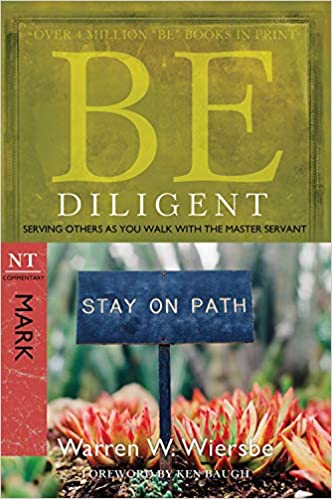The Ten Words are the Hebrew designation for what we know as the Ten Commandments.
In Jen Wilkin’s book, Ten Words to Live By: Delighting in and Doing What God Commands, she cites a study showing that more Americans could name all the ingredients in a Big Mac than the Ten Commandments.
“When the Ten Commandments are not forgotten, they are often wrongly perceived. They suffer from a PR problem. They are seen by many as the obsolete utterances of a thunderous, grumpy God to a disobedient people, neither of whom seem relatable or likeable” (p. 12).
Even when people accept that these commandments come from a righteous God, they set them aside because they think they don’t apply since we’re under grace. “Thus, law and grace have come to be pitted against one another as enemies, when in fact, they are friends. The God of the Old Testament and the God of the New have been placed in opposition, when, in fact, they are one and the same” (p. 13). Christianity is based on relationship with God rather than rules, but “rather than threaten relationship, rules enable it” (p. 13). “Without rules, our hopes of healthy relationship vanish in short order. Jesus did not pit rules against relationship. It was he who said, ‘If you love me, you will keep my commandments” (John 14:15) (p. 14). We see this even in our earthly relationships: there are none without boundaries and preferences.
Though we rightly want to avoid legalism, the Bible also condemns the other extreme of lawlessness. “Legalism is external righteousness only, practiced to curry favor. Legalism is not love of the law, but its own form of lawlessness, twisting the law for its own ends” (p. 14).
By contrast, “Obedience to the law is the means of sanctification for the believer. . . . not out of dread to earn his favor, but out of delight because we already have it” (p. 15).
“The Ten Words show us how to live holy lives as citizens of heaven while we yet dwell on earth” (p. 17).
The Ten Words are an expression of love. When asked which commandment was the greatest, Jesus said, “ You shall love the Lord your God with all your heart, and with all your soul, and with all your mind, and with all your strength.’ The second is this, ‘You shall love your neighbor as yourself'” (Mark 12:30-31). A former pastor used to say that if our hearts were right, these two would be all we needed. But they’re not, so we need things spelled out for us. “For the commandments, “You shall not commit adultery, You shall not murder, You shall not steal, You shall not covet,” and any other commandment, are summed up in this word: “You shall love your neighbor as yourself.” Love does no wrong to a neighbor; therefore love is the fulfilling of the law” (Romans 13:9-10).
With these premises in place, Jen devotes a chapter to each of the ten commandments. She argues not for a letter-of-the-law merest obedience possible, but for an expansive obedience of the spirit of the law. She employs Jesus’s explanation that the law doesn’t cover just outward action, but our hearts.
Take, for instance, the sixth commandment: “Thou shalt not kill,” literally, “You shall not murder.” Most of us would say we’re safe from transgressing that one. But Jesus said, “You have heard that it was said to those of old, ‘You shall not murder; and whoever murders will be liable to judgment.’ But I say to you that everyone who is angry with his brother will be liable to judgment; whoever insults his brother will be liable to the council; and whoever says, ‘You fool!’ will be liable to the hell of fire” (Matthew 5:21-22).
Is Jesus adding to the law by broadening our attention from murder to anger and contempt? By no means. He is pointing out the seedling that grows into the thorny vine that chokes out life. He is appealing to us to fastidiously weed the garden of our personal holiness. He is teaching that if every person dealt with anger quickly and rightly, there would be no need for the sixth word at all (p. 94).
Jen also points out the progression of thought from anger to devaluing another.
First, I am angry with you in response to a hurt. Next, I begin to question your character with an insult. Then, I begin to question your worth as a person. As anger degrades into contempt, the personhood of another is devalued (p. 93).
But an expansive obedience “will not be content to simply be not-murderers, or not contemptuous, or not angry. We will not merely refrain from taking life—we will run toward giving it. Let us read in the sixth word’s prohibition of murder the exhortation to take every care to preserve life. Let us run to be life-protectors and esteem-givers and peacemakers” (p. 96).
Thus Jen couches each commandment in its initial setting, then examines how it applies today, then explores not just the letter, but the spirit of the law from the rest of the Bible.
I have markings on most of the pages, but here are just a few other quotes from the book:
Every transgression of one of the Ten Words begins by transgressing the first, to have no other gods before him (p. 34).
When we look to Christ, imitating him, we begin to see restored what sin has diminished. Bearing the image of God does not mean we look like him in physical terms but rather in spiritual terms—not so that others may worship us, but so that they may worship him (p. 42).
Our patterns of work and rest reveal what we believe to be true about God and ourselves. God alone requires no limits on his activity. To rest is to acknowledge that we humans are limited by design. We are created for rest just as surely as we are created for labor. An inability or unwillingness to cease from our labors is a confession of unbelief, an admission that we view ourselves as creator and sustainer of our own universes (pp. 64-65).
No one ever set out to sin against God or neighbor without first desiring something out of bounds (p. 140).
Our actions are the incarnation of our belief (p. 135).
My recent post A Better Blade for Killing Sin grew out of Jen’s comment on what Jesus said about cutting off whatever tempted us to sin. As Jesus always went to the heart, not just the outward actions, so this admonition shows us something: even if we could cut off the lusting eye or the stealing hand, we’d still have a problem in our hearts.
We need a better blade than any formed by human hands, one aimed at ridding our hearts of disordered desires.
Praise God, we have one. The blade that slays the beast is the word of God, made living and active by the Spirit of God, dividing thoughts and intentions of the heart (Heb. 4:12). By the word of God we learn to delight our hearts in the Lord, and the outcome is that which the psalmist predicts: “Delight yourself in the LORD, and he will give you the desires of your heart” (Ps. 37:4) (p. 106).
That blade doesn’t just lop off offending members until there is nothing left. It transforms us as we delight in Him. “The antidote to the lust of the eyes is not self-inflicted blindness, but seeing as God sees (pp. 106-107).”
I wish I could share some of the core truths of each chapter, but that would make this post too long. Instead, I encourage you to read the book. It’s one that I probably need to revisit regularly. I was convicted in each chapter.
I’m counting this for the “Published in 2021” category of the Nonfiction Reading Challenge.
(I often link up with some of these bloggers)










